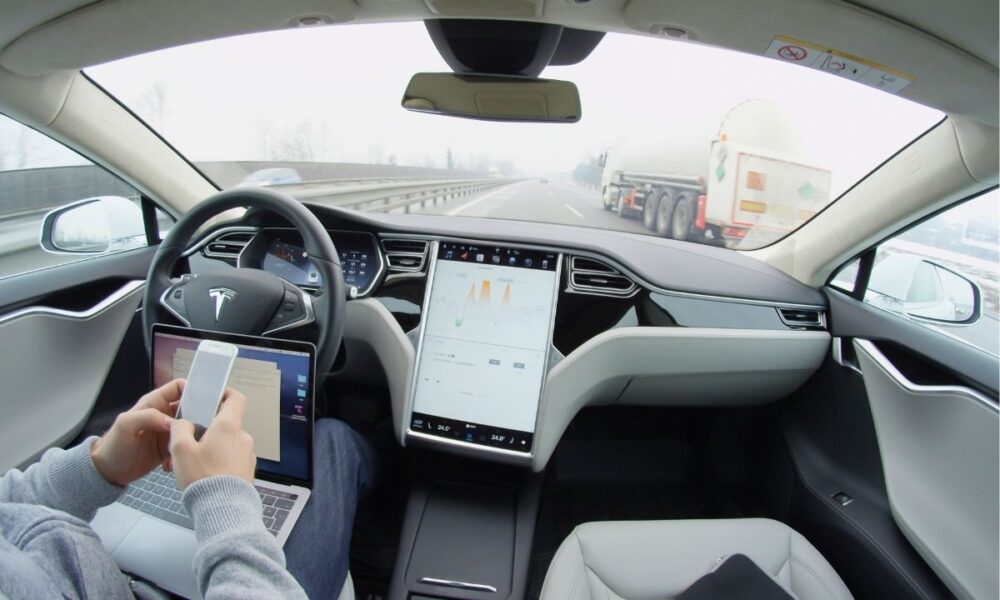Tesla continues to make headlines, both for its growing Robotaxi network and for a major legal setback tied to some of their “autonomous driving” technology.
Earlier this month, a Florida jury awarded $243 million in a wrongful death case stemming from a 2019 crash, the first time Tesla has faced a jury over the death of a third party linked to its driver-assistance tech, as previously reported by DX.
The case involved a 2019 Model S equipped with Autopilot, which struck a parked Chevrolet Tahoe on a dark road in Florida. The crash killed Naibel Benavides Leon and badly injured her boyfriend, Dillon Angulo.
A Florida jury awarded $129 million in “compensatory damages” and $200 million in “punitive damages” to the estates of Leon and Angulo. Tesla was held responsible for 33% of the compensatory damages ($42.6 million) and the full amount of punitive damages, while the driver was assigned the remaining 67% of compensatory damages.
Tesla denied wrongdoing and announced plans to appeal, according to Reuters, claiming that the verdict could hinder their future advances in automotive safety and the development of their autonomous driving technology.
Tesla had previously rejected a $60 million settlement offer before the trial.
While legal battles continue, the automaker remains aggressively expanding its autonomous driving footprint, particularly in Texas.
Elon Musk and crew recently highlighted the growth in Austin, posting about the progress of the Tesla Robotaxi service area, and its quickly growing map.
“Expanding Austin service area fast,” the Tesla Robotaxi account said in response to a post from X user Nic Cruz Patane showing the extremely fast growth of the Robotaxi service map in Austin.
However, the Robotaxi growth has not directly reflected in earnings for the auto giant.
Tesla’s Q2 earnings report for this year showed a 12% year-over-year decline in revenue to $22.5 billion, with vehicle deliveries falling 13.5%. Despite the drop, the company continues to expand its autonomous driving plans, as evident in Texas.
However, Tesla’s Autopilot system received “poor” ratings from the Insurance Institute for Highway Safety, which evaluated 14 partial automation systems this year and found that only one company earned even an “acceptable” rating. The IIHS study also raised concerns about the effectiveness of these systems in preventing misuse or abuse, specifically maintaining the driver’s attention on the road, even while using the autonomous systems.
The National Highway Traffic Safety Administration has also announced a new study into driver monitoring systems. An analysis will evaluate how well in-car systems specifically detect driver distraction and drowsiness, aiming to improve safety standards for driver-assistance systems and potentially prevent future fatal crashes, such as the one seen in Florida.


